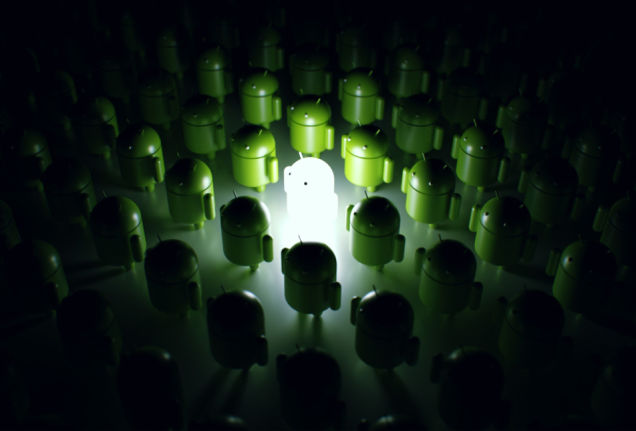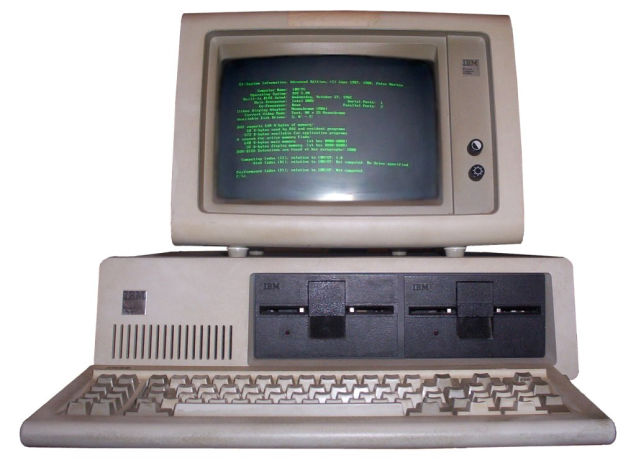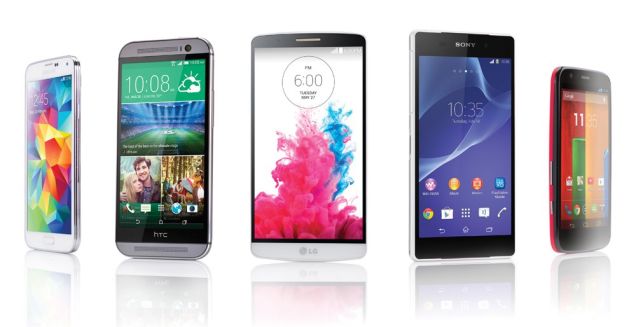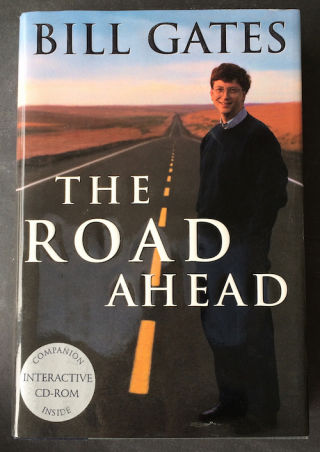A retrospective at the end of the last century, the time of domination Microsoft, in order to compare the development paths of two major operating systems and try to predict the development of the most popular OS at the moment.

Within the framework of the last Google I / O conference, one of the key theses was Sundar Pichai's view of Android as the future of Google. Android is not only the 'heart' of the booming smartphone and tablet market: it is key to the next phase of the company's development as Google moves towards 'connected devices' or the 'Internet of Things'. In his talk, Pichai fantasized about the world of electronic devices that perform all kinds of functions, from traffic control to heart rate tracking, and are powered by an OS from Google.
Let's see what this actually means. The information giant, which actually shaped the concept of Web 2.0 at the beginning of this century, is rebuilding itself into an OS giant. As the Cylons would say, all this has already happened and will happen again.

Bulk OS
At the end of the century Microsoft it dominated the computer market, focusing mostly on its still popular operating system Windows. Of course, there has always been a competitor represented by the OS from Apple, by analogy with iOS and Android. And then there was an invasion Linux. But Microsoft won this battle for several reasons.
First, the OS was not tied to a specific hardware. Like Android, Windows was designed to run on a variety of desktop PCs. And branded software, for example, Word, had the same 'character'. You can run Word on your computer from Apple, which is what I actually used during my student days on my nimble Mac Quadra. Likewise, we are currently working on preparing Google applications to run under iOS.
By making Windows as portable as possible, Microsoft was able to have a software market. They turned the PC ecosystem into an ecosystem Windows. And in fact, this ecosystem is relevant to this day around the world. Market analyst Net Application estimates Windows is installed on 91% of all PCs.
World Domination Strategy for Android
But Apple finally figured out how to use their biggest constraint for good. Instead of building an OS for a select small line of PCs, the company switched to consumer electronics. Apple managed to bypass Microsoft with iPod, iPhone and iPad. And there was no need to create 'portable software', because their devices were already serving as bait. And here Android comes out, whose OS is being challenged. Android even bypasses the threat from the outside Linux by simply including its elements in itself (perhaps somewhat ridiculous, as many developers will immediately point out, but effectively). Now that mobile has become a class of its own, Google hopes to dominate the market with a single OS to rule it all.

Still, there are many differences between the current actions Android and the steps Windows of twenty years ago. First of all, devices based on Android in the future will be more diverse than PCs. One day they will be able to become part of the same components of urban infrastructure as a car or a smartphone. Although Android is a powerful OS, Google's goal has always been to conquer the 'cloud'. So we are moving from a world Windows with smart devices on the relatively 'dumb' internet to a world of 'dumb' devices in the smart 'cloud'. After all, of course, your Android – device is of no use if it cannot connect with your personal information in the Google cloud, like any other device on the network.
The emphasis of this paradigm shift is on how much you and your information are the keys to value Android. PCs were indispensable helpers in organizing and accessing information. But mobile and infrastructure devices also serve the purpose of collecting information. The more you use your devices, the more information they collect about you and the 'better' it becomes. This has led to so many improvements in Google Now, as well as many other apps that track everything from shopping mall shoppers to rodent life in forest ecosystems. That's right: you are part of the gadget. Android is you.
Looking back at 'The Road Ahead'
In 1994, when I first started learning about computers, not only as tools for writing work and exchanging e-mail, Bill Gates published a kind of futuristic manifesto called 'The Road Ahead' (Elir's note). покупал дискв Barnes&Noble, смеясь над странным заголовком, как пытался понять, что же глава Самой Злобной Компании в Мире хочет сказать о моем будущем. For the most part, as I understand it, it was about the world wide web and browsers. Those were the days of the formation of Internet Explorer and Gates was broadcasting about tomorrow with its many Internet wonders, which I basically guessed about, but which was not so obvious to the older generation and other users Windows. At that time, the future was considered the web space, which gave birth to Google, which became a competitor Microsoft in its power and ability to set trends in our technological future. Now Google is saying that the future is the operating system. The circle has been passed, or, more precisely, we have moved in a spiral and returned to the operating system from a slightly different perspective.
The ecosystem of devices may be different, there may be more information, but the goal remains the same. Microsoft and Google want to create platforms to control information machines around the world. The PC is slowly losing its relevance, 'connected devices' will take over and Android inherit the lost Windows 'kingdom'.
Original article by Anna-Lee Newitz
Elir: Despite the fact that the upcoming 'Internet of Things' is increasingly reminiscent of the seemingly fictional and now slightly disturbing story of Scroogled, I want to believe in the peaceful nature of the upcoming innovations from Google. As for the similarity of development paths Windows and Android, the latter has an excellent opportunity to see development mistakes and not repeat them on its way.

